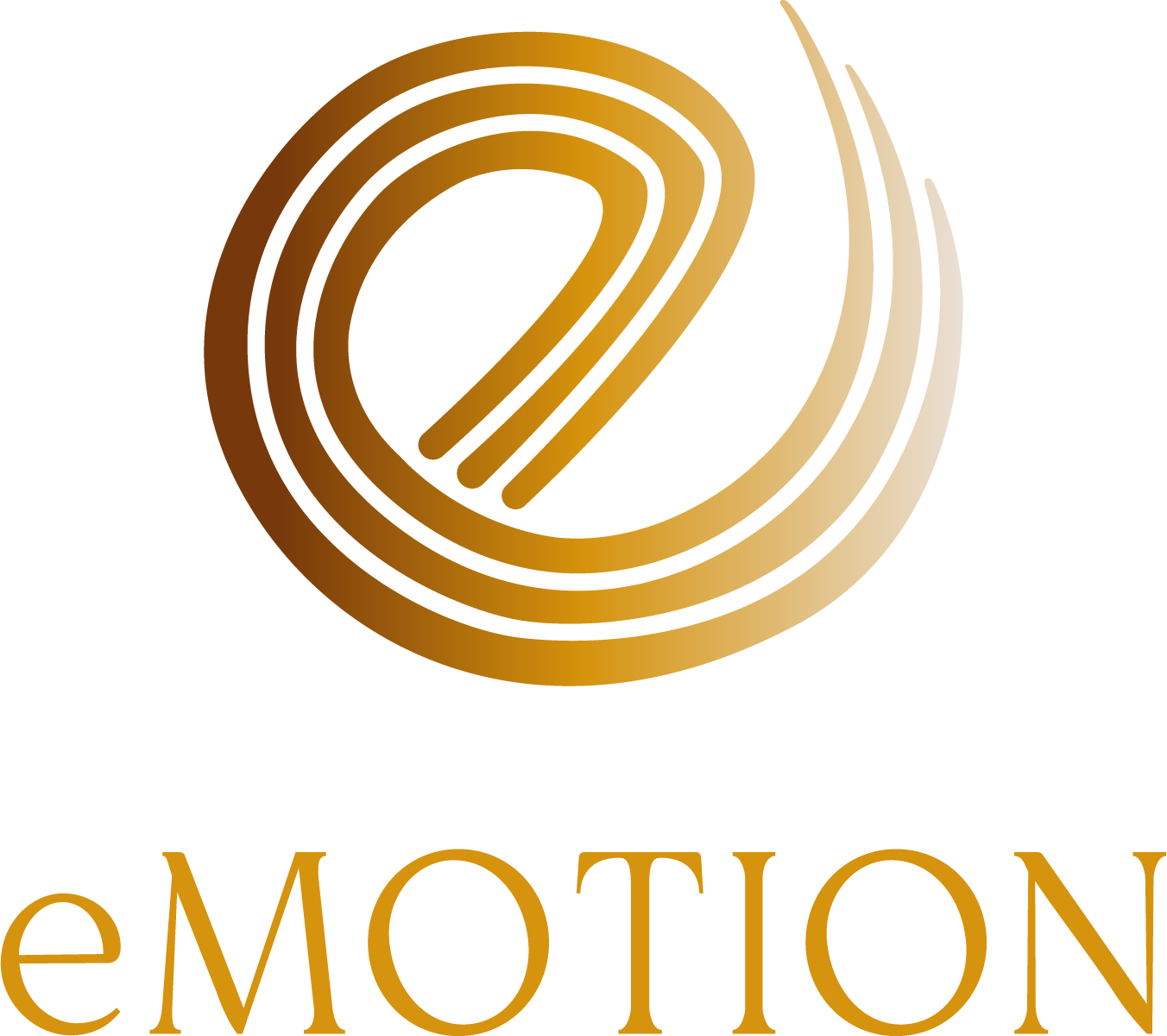Wellness Therapy
Virtual therapy is proven effective, but the emotional experience is different from in-person sessions.
Building rapport and a strong therapeutic relationship may feel more natural in person. Clients who feel more comfortable and connected may engage more fully in therapy. The physical presence of the therapist can also create a sense of safety and support that enhances the therapeutic process.
The sessions take place in a controlled, private environment designed for therapy. Sessions that take place in a therapist’s office can provide a space away from your everyday life. A location that feels neutral also can increase your comfort when sharing private information. Virtual therapy may involve distractions such as noise, interruptions, or technical difficulties. These intrusions can disrupt the flow of therapy and impact its effectiveness.
In-person sessions allow your therapist to better assess and intervene more effectively if necessary. Virtual therapy limits therapists’ access to unspoken feelings, visual cues, and tactile experiences.
Nonverbal cues support verbal communication. In-person sessions allow the therapist to better observe cues, such as body language, facial expressions, and physical demeanor. These cues can help the therapist better understand your experience and your needs. Similarly, certain therapeutic modalities, such as art therapy or somatic therapies, may require physical tools or interactions that are difficult to replicate virtually.
While in-person therapy offers these advantages, virtual therapy is highly effective and has its own benefits, such as accessibility and convenience. Ultimately, the recommendation depends on your preferences, needs, and circumstances.
Telehealth
Tele-therapy, “virtual therapy”, is offered for accessibility, flexibility, and convenience. eMOTION Center for Wellness provides tele-therapy via a Health Insurance Portability and Accountability Act (HIPAA) compliant telemedicine platform. A client who is interested in tele-therapy options can express this during their consultation call or at the beginning of their treatment and their clinician can discuss the appropriateness and availability of these services.
eMOTION Center for Wellness is a Psychology Interjurisdictional Compact (PSYPACT) provider, which allows tele-therapy provision to those residing in or visiting the following states at the time services are provided:
| Alabama | Illinois | Nevada | South Dakota |
| Arizona | Indiana | New Hampshire | Tennessee |
| Arkansas | Kansas | New Jersey | Texas |
| Colorado | Kentucky | North Carolina | Utah |
| Connecticut | Maine | North Dakota | Vermont |
| Delaware | Maryland | Ohio | Virginia |
| District of Columbia | Michigan | Oklahoma | Washington |
| Florida | Minnesota | Pennsylvania | West Virginia |
| Georgia | Missouri | Rhode Island | Wisconsin |
| Idaho | Nebraska | South Carolina | Wyoming |
The Psychology Interjurisdictional Compact (PSYPACT®) is an interstate agreement designed to allow for the practice of telepsychology and the temporary in-person, face-to-face practice of psychology across state boundaries.
The PSYPACT Commission is the governing body of PSYPACT responsible for creating and finalizing the Bylaws and Rules and Regulations. The Commission is also responsible for granting psychologists the authority to practice telepsychology and temporary in-person, face-to-face practice of psychology across state boundaries. For more information visit: https://psypact.org/
